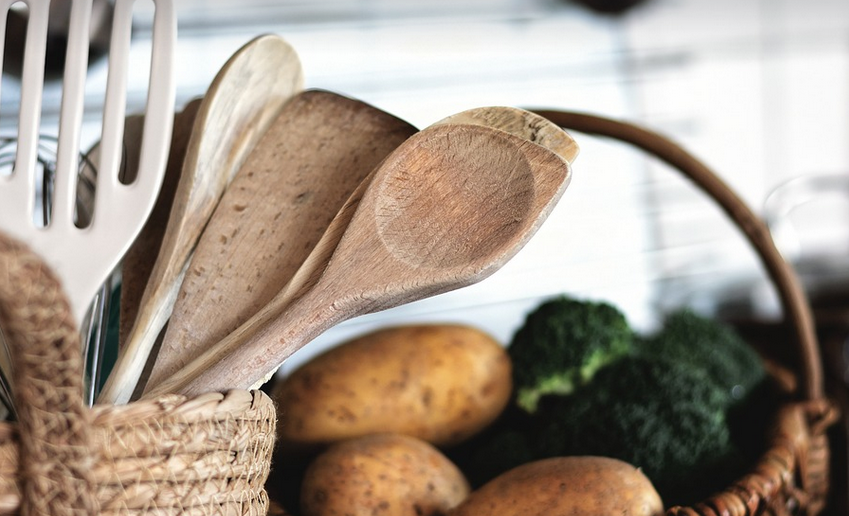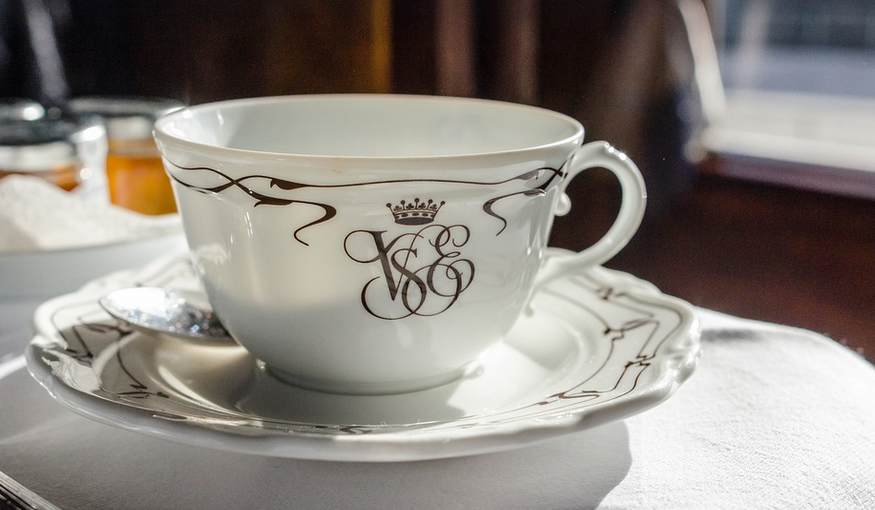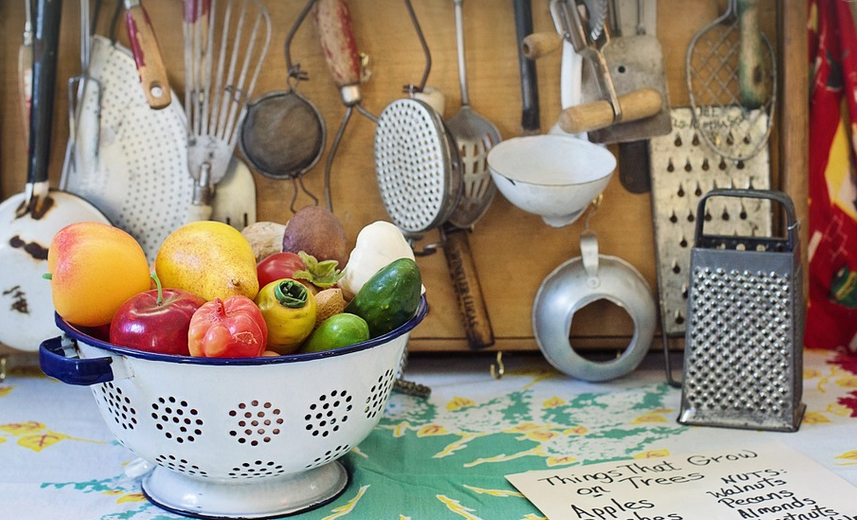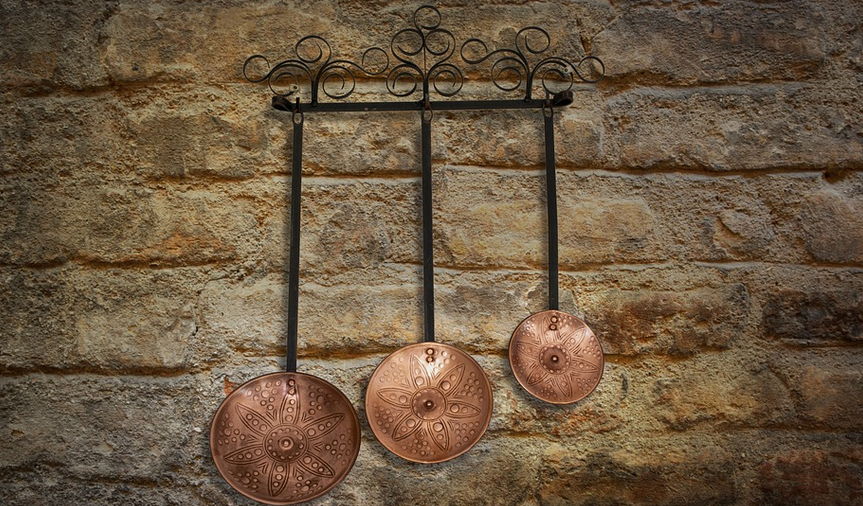How Long Can You Freeze A Water Bottle?

The Science of Freezing & Hydration
Freezing water might seem like a simple task, just pop it in the freezer and wait. But there are some interesting things to know about the process, especially when you’re talking about water bottles, which can affect how long they stay frozen.
The science behind freezing is pretty straightforward – cold temperatures slow down the movement of molecules in a liquid. When these molecules slow down, they stick together and form ice crystals. But this process isn’t just about plain water.
Different materials have different properties when it comes to temperature changes. For instance, glass and stainless steel can hold heat better than plastic or aluminum because the molecules in these materials are denser and more tightly packed. This means that these materials will take longer to cool down and freeze than a container made of a less dense material like plastic.
When you freeze water, it actually expands as it freezes! This expansion can cause pressure build-up within the bottle, leading to potential leaks or cracks in the bottle itself. So, when you’re freezing water bottles, make sure they are airtight to prevent any damage.
The freezing point of water is 0°C (32°F). Water starts to freeze at this temperature, and it might take a long time for the entire bottle to be frozen.
Here’s why understanding these science principles is important when you’re talking about freezing your water bottles. Freezing your water bottle can alter its shape and even cause dents or cracks in the plastic if it expands too much during the freezing process. This can affect how long it stays frozen, especially after a few cycles of freezing.
The duration of freezing is also influenced by the thickness of the walls of the water bottle. A thicker bottle will take longer to freeze than a thinner one. As for the size of the bottle, bigger bottles generally take longer to freeze than smaller ones.Factors Affecting Freezing Time
Here are some key factors that affect how long your water bottle stays frozen:
- Bottle Material:
- Initial Temperature:
- Bottle Capacity:
- Freezer Temperature:
- Air Circulation:
Different materials have different thermal properties, affecting how quickly the water freezes. For example, glass and stainless steel retain heat better than plastic or aluminum, which means they take longer to cool down and freeze.
The initial temperature of your water bottle directly impacts freezing time. A colder bottle will start freezing faster than a room-temperature one.
Larger bottles generally take longer to freeze because there is more water in them, increasing the volume of air that needs to be displaced by the ice crystals as they form.
The temperature inside your freezer plays a crucial role. A colder freezer will allow for faster freezing. A warmer one might make it take longer because there’s less overall cold energy in the freezer.
Air circulation within the freezer can affect how well water freezes. If there’s sufficient air movement, heat will dissipate more efficiently, leading to faster freezing. But sometimes, if the freezer has tight airflow where ice crystals don’t disperse smoothly, it might freeze at a slower pace.
It is important to remember that these are just some of the factors that may influence how long your water bottle stays frozen. It’s best to experiment yourself and observe your specific bottles to understand their freezing behavior.
How Long Will My Water Bottle Stay Frozen?
The time it takes for a water bottle to freeze depends on various factors, including the temperature of the freezer, the initial temperature of the water, its size, and the material it’s made from.
Generally speaking, a typical water bottle will take anywhere from 12-24 hours to fully freeze. However, if you’re looking for ultra-efficient freezing, try freezing your water bottle in a dedicated freezer compartment with optimal air circulation.
When the water reaches its freezing point, it begins to expand and contract as ice crystals form. This expansion can cause pressure build-up inside the container, potentially leading to cracks or dents if not addressed properly.
It’s important to note that some bottles will freeze faster than others due to variations in their material composition and thickness. Be sure to check for any signs of cracks or leaks after freezing your bottle to ensure the integrity of the container.
Tips to Maximize Freezing Efficiency
To maximize efficiency when freezing water bottles, there are some strategies you can use:
- Place it in a freezer compartment:
- Use airtight containers:
- Avoid overcrowding the freezer:
- Use a thermometer:
Freezing your bottle in an open freezer space will impact how long it takes to freeze. Aim for the coldest spot in your freezer with optimal airflow.
To prevent water leakage or damage to your bottle, ensure you use airtight containers or lids when freezing. This helps maintain a constant environment and ensures faster freezing.
Don’t overcrowd your freezer with various items. Leave some space for air circulation – this is because the cold air needs to circulate around all of your frozen items.
A thermometer will help you monitor the temperature inside your freezer accurately and ensure optimal freezing conditions.
Conclusion
Freezing water bottles is a straightforward process, but understanding the science behind it can help optimize the efficiency of this technique. By knowing the factors that affect freezing time, you can make informed decisions about your freezing processes to ensure your frozen water stays safe and refreshing for extended periods.


